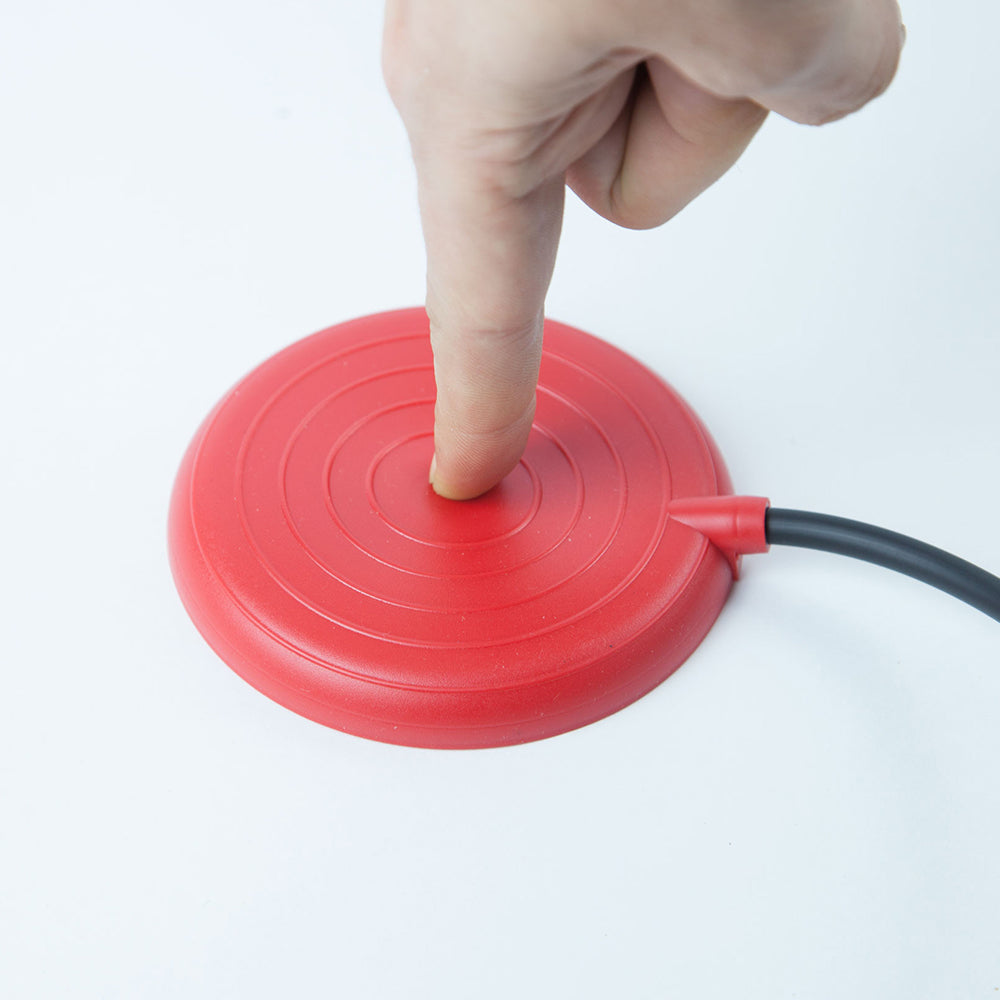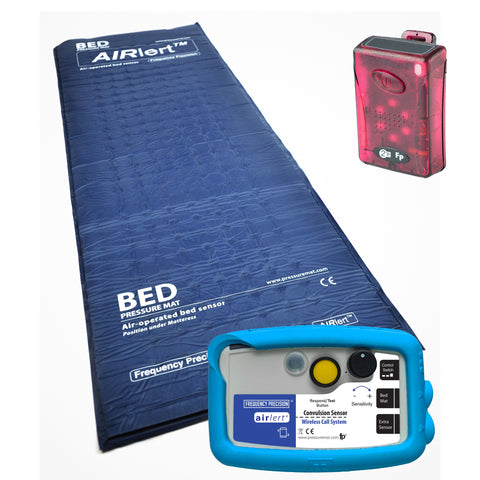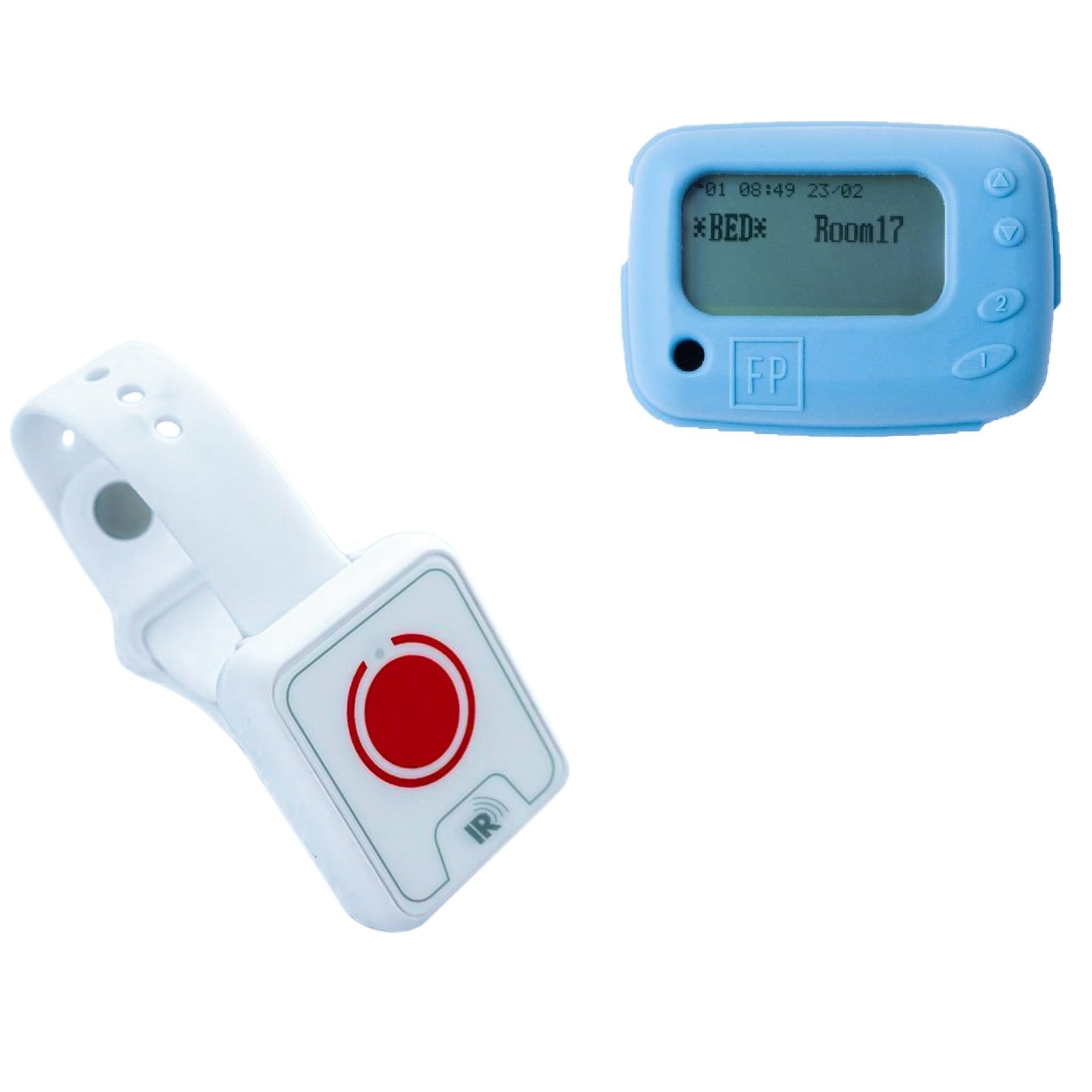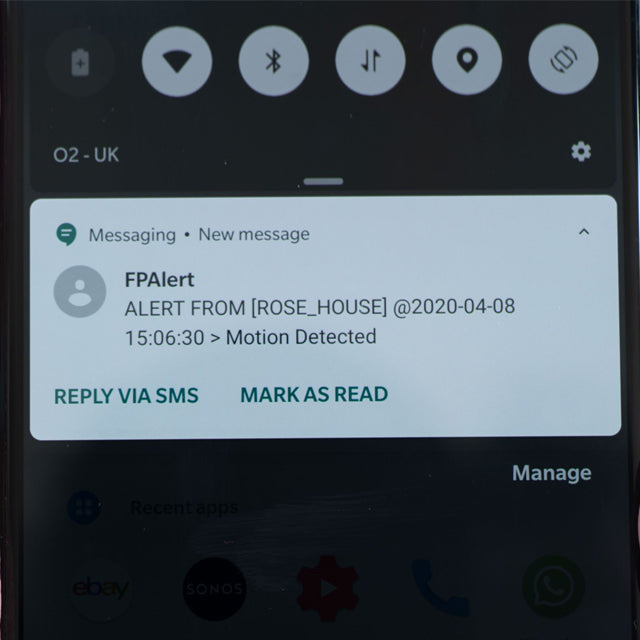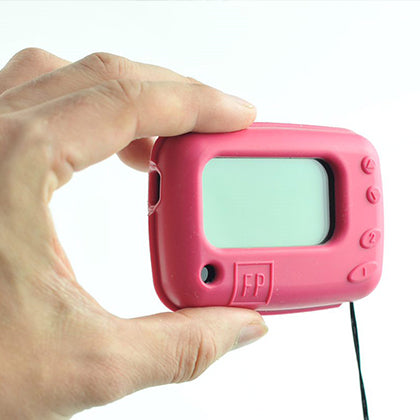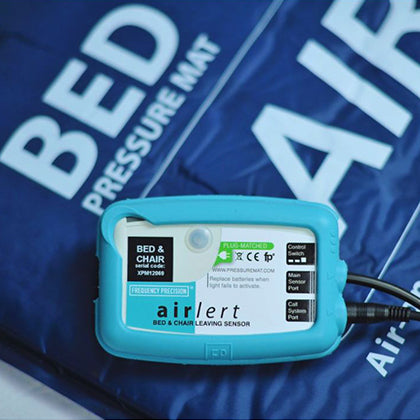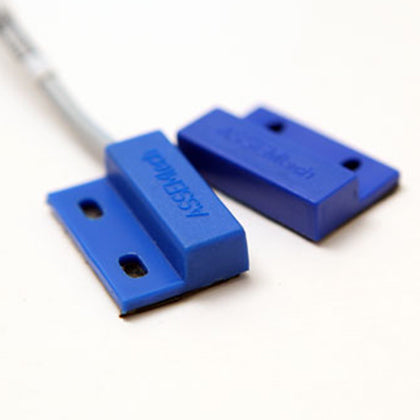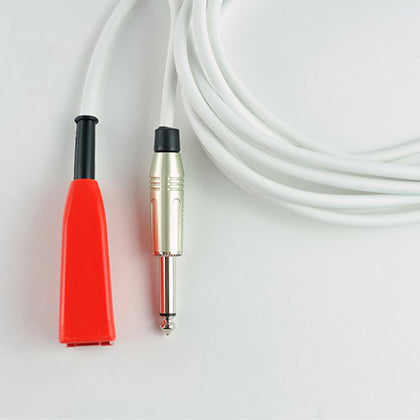Are you looking for reliable ways to keep a loved one with dementia safe and supported at home? Choosing the right dementia alert system can make all the difference—offering round-the-clock protection, quick response in emergencies, and peace of mind for caregivers. Below we’ve outlined the 10 best safety alert devices for dementia patients, from fall alarms to GPS trackers, to help families find the most effective solutions.
1. Bed Alarms for Dementia Care
Bed exit alarms attach to bedding, chairs, or clothing and trigger an alert when a person attempts to get up. These systems are ideal for reducing the risk of falls, especially at night.
-
Best for: Patients at risk of falling out of bed
-
Key features: Discreet sensors, quick caregiver alerts, easy installation
-
Shop related products: Bed exit alarms
2. Fall-Detection Devices for Dementia Patients
Fall-detection wearables use built-in sensors to automatically detect falls—without requiring the patient to press a button. This makes them especially useful when confusion or mobility issues may prevent manual activation.
-
Best for: Dementia patients living alone or with limited mobility
-
Key features: Automatic detection, wearable comfort, 24/7 protection
-
Example products: Fall-detection pendants or wristbands
3. Nurse Call Systems & Personal Call Buttons
Handheld or wall-mounted nurse call buttons allow patients to summon help instantly with one press. Simple interfaces make them easy to use even during moments of confusion or agitation.
-
Best for: Home or care facility use
-
Key features: Large button designs, wireless range, compatibility with telecare systems
-
Tip: Place call buttons in key areas like bedrooms and bathrooms for maximum coverage
4. Indoor Wireless Monitoring Systems
Wireless monitoring systems include wearable trackers and receivers positioned around the home. If the wearer moves beyond a safe zone, an alarm immediately notifies caregivers. This provides both security and independence.
-
Best for: Dementia patients prone to wandering indoors
-
Key features: Configurable boundaries, portable receivers, easy setup
-
SEO tip: Highlighted keywords here: wireless dementia monitoring system
5. GPS Trackers for Dementia Wandering Prevention
GPS-enabled dementia trackers offer real-time location monitoring—essential for patients prone to wandering outdoors. Caregivers can use smartphone apps or web dashboards to quickly locate their loved ones.
-
Best for: Outdoor safety and peace of mind
-
Key features: Real-time location, geofencing alerts, long battery life
-
Shop related products: GPS dementia trackers
Ideal for entrances and exits, these sensors alert caregivers whenever someone opens a door—helping prevent dangerous wandering without limiting independence.
6. Door Sensors for Dementia Safety
Door alarms and sensors notify caregivers whenever a door is opened—helping prevent unsafe wandering without restricting independence.
-
Best for: Monitoring exits and entrances
-
Key features: Easy installation, wireless alerts, integration with smart home systems
-
Pro tip: Install at main exits and garden doors for maximum safety
7. Floor Pressure Mats for Fall Prevention
Placed beside a bed or doorway, floor pressure mats trigger an alert when stepped on. They’re discreet and highly effective for tracking nighttime movement.
-
Best for: Patients at risk of falls or wandering at night
-
Key features: Non-intrusive design, reliable alerts, easy to move between rooms
8. Personal Emergency Response Systems (PERS)
These systems combine a wearable device (pendant, bracelet, or clip) with a monitoring service—ensuring help is always just one press away.
-
Best for: Dementia patients living alone or with limited caregiver supervision
-
Key features: SOS button, 24/7 monitoring, two-way communication
-
Note: Choose between self-monitored devices or professional call centre support, depending on budget and needs
9. Motion Detectors for Dementia Monitoring
Strategically placed around the home, motion detectors alert caregivers to unusual or nighttime activity. They’re particularly useful in bathrooms, kitchens, and hallways.
-
Best for: Patients who may be unsafe when unsupervised
-
Key features: Adjustable sensitivity, wireless alerts, compatibility with telecare
10. Custom Dementia Alarm Networks
Some families prefer a tailored approach—integrating multiple systems like bed mats, motion detectors, and door alarms into one network. This creates layered coverage and flexibility.
-
Best for: Dementia patients with complex needs or larger homes
-
Key features: Fully customisable, scalable, and combines multiple sensors
Why These Dementia Alert Systems Matter
Dementia brings increased risks of falls, wandering, and difficulty communicating. By investing in the right safety technology, families can:
-
Support independence while reducing risks
-
Receive real-time alerts for emergencies
-
Monitor patient activity remotely through telecare or apps
Many devices also include reset buttons, SOS features, and medication reminders, making them multipurpose tools for dementia care.
Final Thoughts
Selecting the right alert system for dementia patients depends on their mobility, home environment, and stage of dementia. Whether it’s a simple bed alarm or a full custom network, these devices offer reassurance that help is always within reach—supporting both patient independence and caregiver peace of mind.
Frequently Asked Questions
What type of alert system is best for someone living alone with dementia?
A combination of fall-detection wearables and GPS tracking offers the most complete protection—balancing independence with safety.
Can dementia patients use these systems easily?
Yes. Devices with single-button operation (like PERS or fall detectors) are simple to use. Automatic systems are ideal for those with more advanced dementia.
Are these systems suitable for outdoor use?
Yes. GPS trackers and some wireless monitoring systems work outdoors. Look for waterproof designs and long battery life.
Do I need professional monitoring with these systems?
Not always. Some systems alert only caregivers, while others connect to 24/7 monitoring centres. Choose based on your budget and response time needs.
Can I combine different dementia alert systems?
Absolutely. Many families mix devices like bed alarms, door sensors, and motion detectors to create layered safety coverage.

